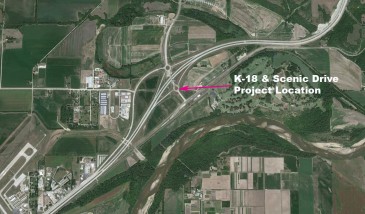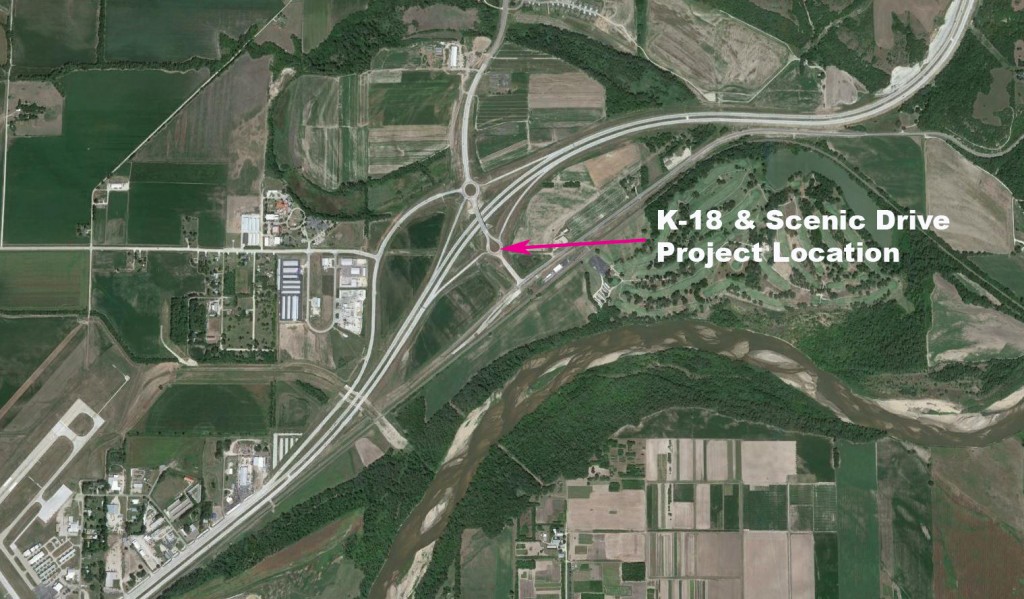
Local officials had plenty to talk about recently as Riley County Commissioners, Manhattan city leaders and Pottowatomie County commissioners discussed the future of transit in the region during their joint city/county/county meeting.
Stephanie Watts, the senior transportation manger for the Flint Hills Metropolitan Planning Organization, presented leaders with research gathered that shows long-range plan for getting place-to-place in the region.
“I think it gives everyone a sense of the needs over the next 25 years, as far as transportation goes,” Watts said after the meeting. “It gives people an idea of what we can look towards and what projects we should be considering, rather than just a five-year kind of outlook.”
Watts’ presentation planned for growth in the region, especially in Manhattan and Wamego.
“We update every five years,” Watts said. “Obviously things change within a matter of months, so being able to review our long-term goals, visions and projects every five years — that really allows us to stay up with what the local needs are and how things are evolving and changing.”
Funding for expanded roads and keeping up with growth, though, remains a challenge.
“That’s always the struggle,” she said. “Our plan will show that you that we have more needs than what we have funding able to handle. That’s not unusual at all. I think that it gives the locals now an idea how much money they need to find or come up with to meet all of those needs.”
Manhattan city commissioner Mike Dodson said after Watts’ presentation that it was good to be, well… looking down the road.
“It’s absolutely imperative that you have a long-term view of this,” he said. “Because some of the things you’re going to be able to do a little bit at a time, but the big things are going to take real money.”
Local officials were optimistic about recent announcements by the federal government that will see increases in roadway funding, but state policies, such as the proposed property tax lid and just the overall state of fiances in Topeka, may hamper road and bridge improvements locally.
“No one, I think, has much of an appetite for raising taxes to do this,” he said. “But the facts are we’re going to have to find a way, particularly in the City of Manhattan, to take care of road maintenance.
Before Riley County commissioners met their colleagues to discuss transportation, Riley County agricultural extension agent Greg McClure informed them grain prices are low and have stayed low.
“This year, if you had locked stuff in, you’d be way ahead instead of sitting on grain,” he said.
Saturday morning wheat was selling for $3.93 per bushel at the Manhattan elevator while corn was at $3.28. Milo sold for $3.08 and soybeans were at $8.35.
In April, wheat sold for $4.53, milo sold for $4.28, beans sold for $9.36 and corn was actually cheaper at $3.26.
“I don’t think we’re in a crisis,” McClure told commissioners, “but I’m concerned. We’re certainly going to have a number of producers with cash-flow problems this year.
“The crop prices have dropped enough, input prices have not dropped and so we got those high input prices and low crop prices.”
“That’s a lot of squeeze,” commissioner Robert Boyd commented.
“It it a real squeeze,” McClure concurred.

